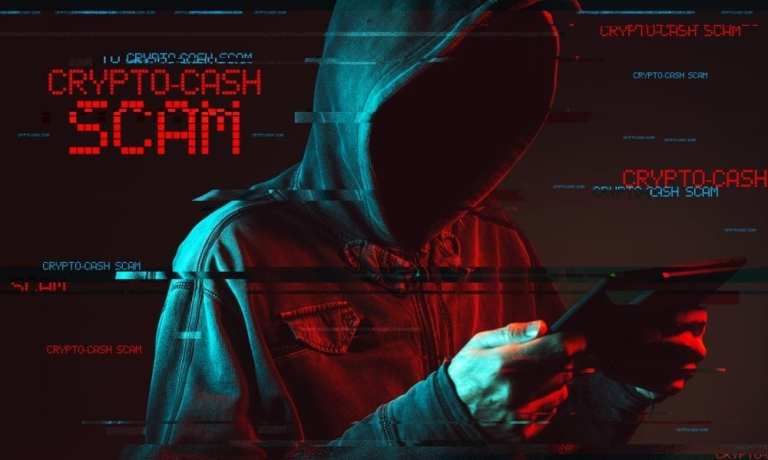India ‘Millionaire’ Crypto Scam Tricks Victims Out Of $250K

A man in India tricked 12 people out of $250,000 with a scam involving a fake cryptocurrency named after the Indian version of the show “Who Wants To Be A Millionaire,” according to reports.
Pritam Patil allegedly asked the victims to invest in the initial coin offering (ICO) of his “KBC Coin,” named after Kaun Banega Crorepati, a wildly popular Indian show.
Patil told the victims that the KBC coin was worth $0.0056, but that it would rise to $1 by March of 2018. He is believed to have been running the scheme since around the crypto surge at the end of 2017, but the fraud was filed with police just last week.
Patil asked the victims to pay in cash, and he didn’t give them any sort of documents about the company. After he got the money, he apparently changed the name of KBC to AFC Mint coin, and the website he was running shut down in September of 2018.
Victims tried to get a hold of Patil, but they were told the business shut down and they wouldn’t receive any returns at all.
In June of last year, there was a similar cryptocurrency scam in Mumbai where a coin called the Money Trade Coin tricked buyers out of $75 million.
Because of some of the regulations on crypto in the country, some victims can be afraid to come forward and testify, fearing regulatory repercussions.
Despite the scams, some top corporates and banks in India are reportedly testing out the use of cryptocurrency to pay vendors and move money between subsidiaries, according to The Economic Times.
Unnamed sources told the publication that Hindustan Unilever, Reliance Industries, HDFC Bank and ABG Shipyard are among the conglomerates experimenting with cryptocurrency for intra-company transactions with subsidiaries, as well as external vendor payments, in an effort to optimize treasury transactions.
“The cryptocurrency would only be used by the companies and banks internally,” one source told the publication. “It will mainly be effective as a working capital management tool, where rather than actually transferring money, cryptocurrency will be transferred and accounts shall be reconciled at a later date.”